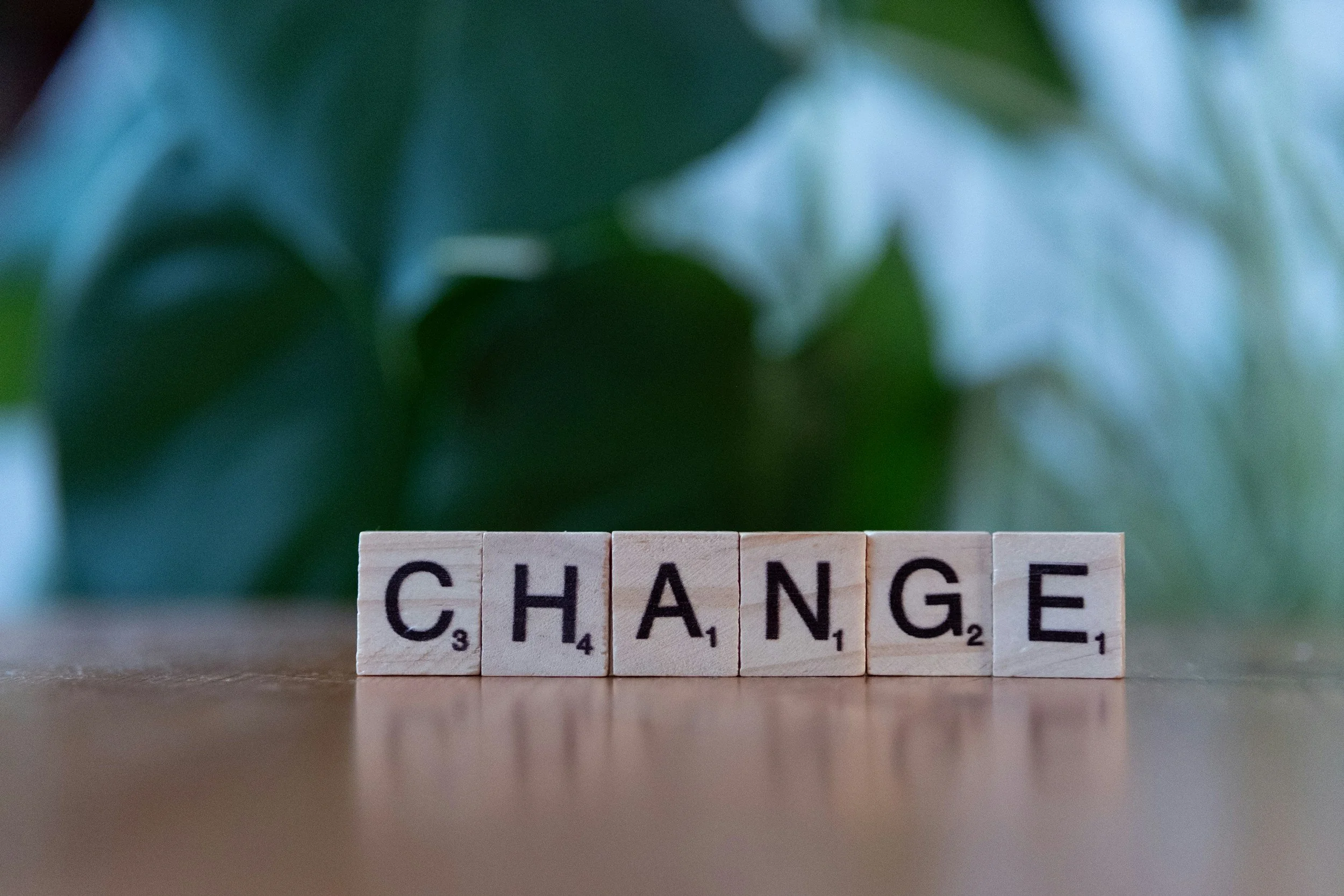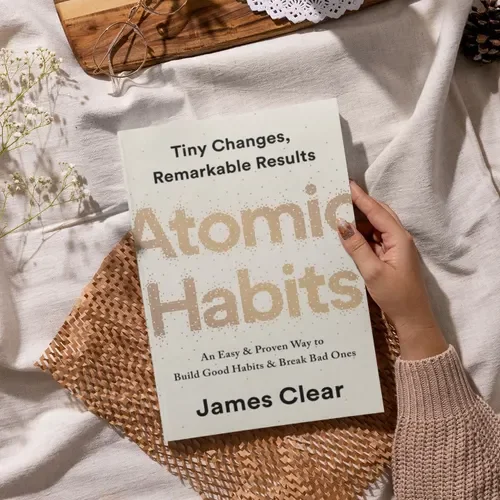Why Change Feels So Hard (and How to Make It Easier on Yourself)
Starting something new can feel exciting… and overwhelming all at once. Setting a fresh goal — like getting stronger, feeling more confident, losing weight, or finally making your health a priority — often brings a rush of motivation. You might even visualize what reaching that goal will feel like: more energy, more ease in your body, more peace in your mind.
But here’s where many people get stuck: they don’t pause to reflect on how they’re actually going to get there. Reaching your goal means something has to change — and that usually means creating new habits, shifting old routines, and being honest about what behaviors are holding you back.
Change can stir up discomfort. And when you start layering new habits and routines on top of that? The stress can sneak in quickly.
Ask yourself:
What barriers or obstacles might come up in my daily life? How will I manage those barriers or obstacles?
What am I truly ready and willing to change right now?
You’ve already decided you want something to be different — that’s huge. But instead of trying to overhaul your entire life overnight, give yourself grace. Big results come from small, consistent steps, NOT trying to be perfect with several big changes.
Start Small, Build Over Time
Choose one small goal for the week and focus on that. Decide how you will keep yourself accountable to that goal. Create your plan to reach that goal. When it feels manageable, build on it.
Example 1: Meal Prepping
If you’ve never prepped meals before, don’t try to cook for the whole week right away. Start by prepping just 1 or 2 meals ahead of time. Once that feels easy, increase to 3 meals the next week. Then 4. Before long, you’ll be a meal prep pro without the overwhelm.
Example 2: Daily Movement
If you’re in the bucket with the typical American — getting 5,000 or fewer steps a day — you’re in sedentary territory. Instead of aiming for 10,000 steps immediately, focus on adding 500 steps each week. Small increases add up, and you’ll be improving your health without burning out.
Why This Works
Small changes are easier to stick with. They build confidence and create momentum, which means you’re more likely to keep going. Over time, these little adjustments turn into habits, and those habits become part of your lifestyle — no willpower battles required.
So, give yourself permission to take it one step at a time. The goal isn’t perfection — it’s progress. And each small win you create will get you closer to the bigger results you want.
Suggested Reading: Atomic Habits by James Clear
If you want to dive deeper into the science and strategy behind lasting behavior change and “habit stacking”, I highly recommend an easy read, Atomic Habits by James Clear. This book breaks down how tiny, consistent actions compound into remarkable results over time. Clear’s approach is simple, practical, and full of actionable tools you can start using right away. It’s not about willpower — it’s about designing your environment and systems so that good habits become inevitable and bad ones become harder to fall into.
A Helpful Tool to Keep You On Track
If you’re ready to start building habits that actually stick, my free Daily Habit Tracker can help you stay focused, consistent, and motivated. It’s a simple but powerful tool to visually track your progress and celebrate your wins along the way.
You can download it here.



